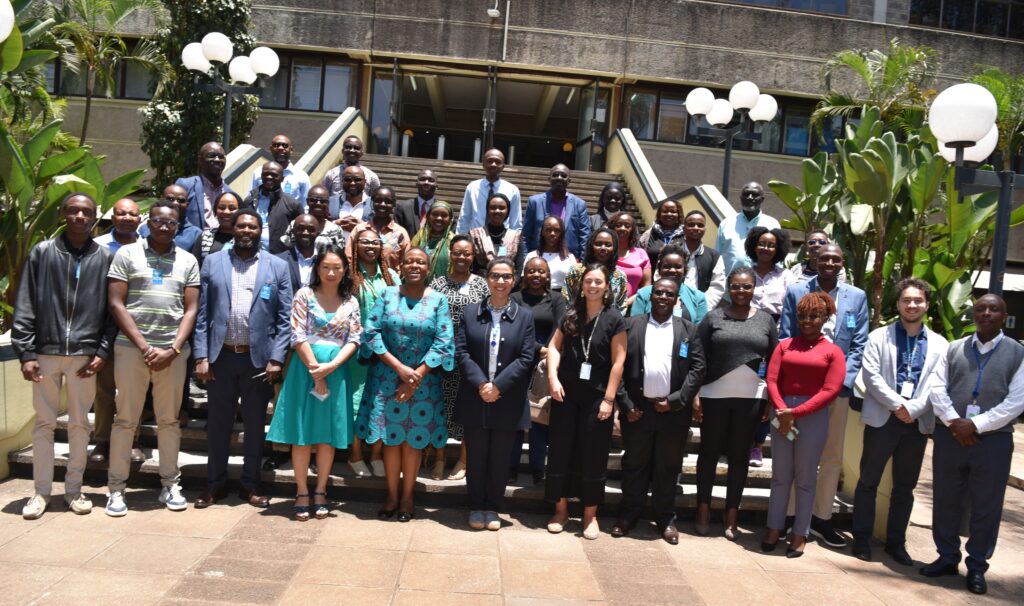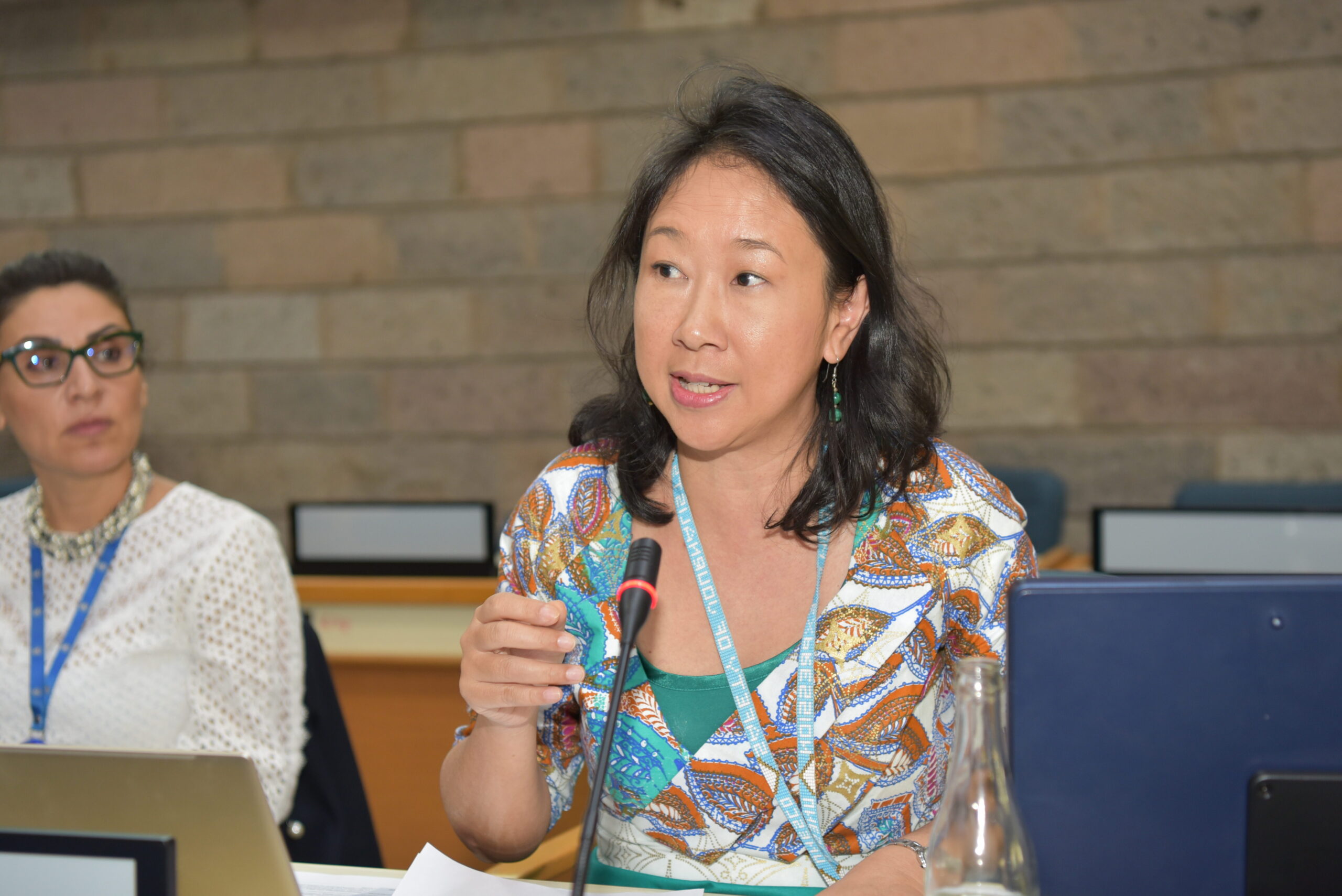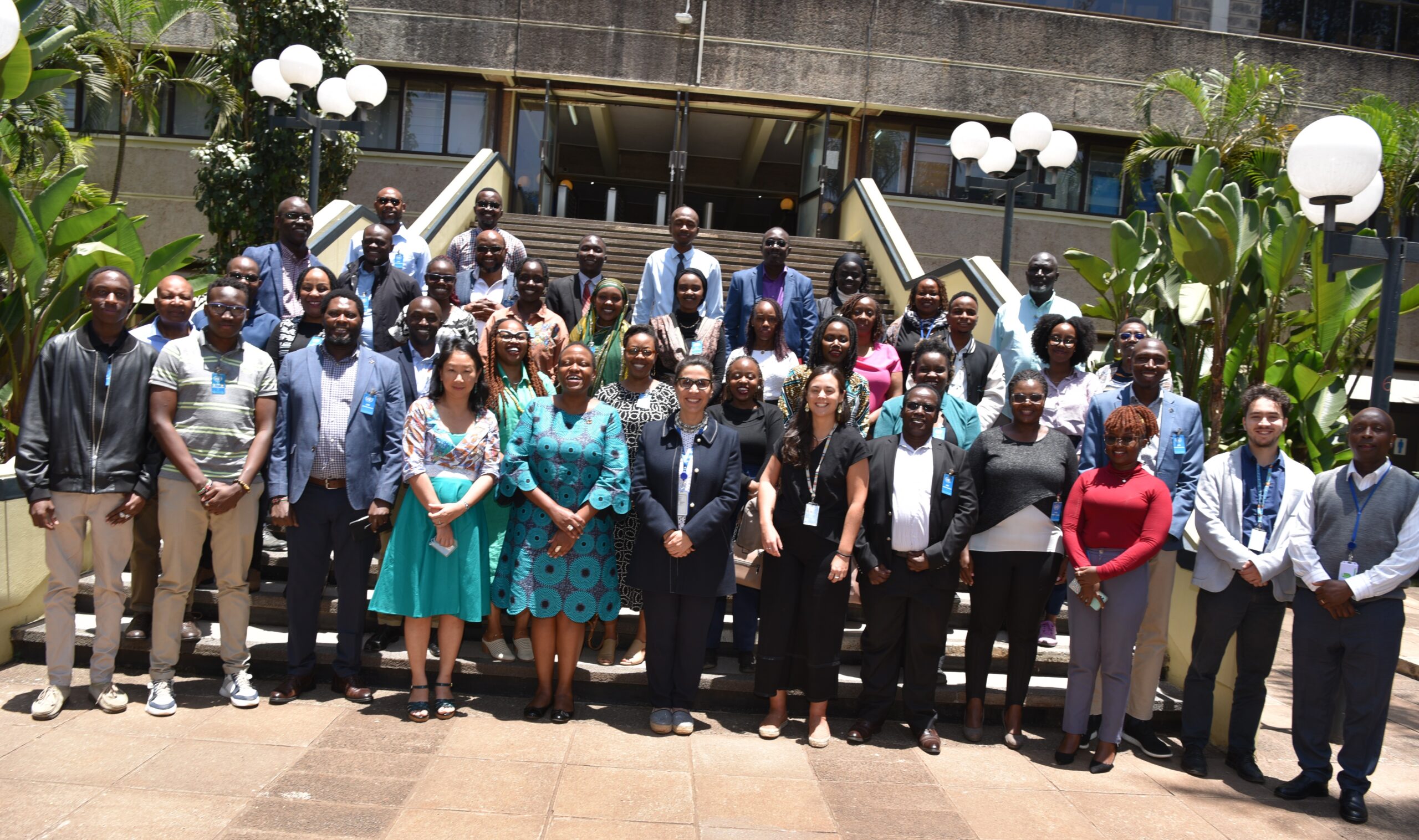Two weeks prior to the UN Summit of the Future taking place in New York, the National Coalition on Freedom of Expression and Content Moderation in Kenya (FECoMo) established under the UNESCO Social Media 4 Peace project, as well as other stakeholders, convened at the UN Office in Nairobi (UNON) for a follow-up discussion on the UN Global Principles for Information Integrity and its applications to the local context. The group had previously met in December 2023 for an initial consultation on the Policy Brief: Information Integrity on Digital Platforms, part of the UN Secretary-General’s 2021 “Our Common Agenda“, which focused on the impacts of misinformation, disinformation, and hate speech on global, and national sustainable development agendas.

In the opening session, Ms Misako Ito, UNESCO’s Regional Advisor for Communication and Information in Africa, provided an overview of the December 2023 expert consultation on the Voluntary Code of Conduct on Information Integrity on Digital Platforms. She highlighted the growing spread of misinformation and disinformation online and emphasized the need establishment , compliance by digital platforms, positive framing of the Code of Conduct in local contexts and fostering strong linkages to existing international frameworks like UNESCO’s Internet for Trust Guidelines for the Governance of Digital Platforms. Ms Ito also reminded the importance of ensuring the Code’s sustainability through periodic reviews and updates.
The consultation was part of the series of expert consultations conducted by the UN Information Service aimed at shaping the development of the voluntary UN Code of Conduct for Information Integrity, now referred to as the UN Global Principles for Information Integrity.

The Global Principles were introduced to the participants in the following session by Ms Sandra Macharia, Director of the UN Information Service in Nairobi. These principles recommend actionable steps for various stakeholders including technology companies, AI actors, media organizations, researchers, civil society, governments, and the UN, across five key areas: societal trust and resilience; healthy incentives; public empowerment; independent, free and pluralistic media; and transparency and research.
“The United Nations Global Principles for Information Integrity aim to empower people to demand their rights (…). At a time when billions of people are exposed to false narratives, distortions and lies, these principles lay out a clear path forward, firmly rooted in human rights, including the rights to freedom of expression and opinion.”
António Guterres, UN Secretary General
During plenary discussions, participants were invited to address the five areas of the recommendation by focusing on three questions: Are the Global Principles ambitious enough for their context? How can the recommended actions be applied within their sectors? What opportunities exist for measuring the impact of these actions? The discussions highlighted the transformative potential of the recommendations but stressed the need for local implementation, digital infrastructure development, youth empowerment, and stronger involvement of major tech companies in applying the principles. They also called for cross-sectoral cooperation, enhanced media independence, regular policy updates to keep pace with digital evolution, and integration of the principles into education, training, and research, particularly with an emphasis on youth engagement and the inclusion of offline populations. The operationalization of these principles was recognized as having the potential to accelerate local innovation, contributing to job creation and allowing increased impact measurement control.
In the final session, Ms Sandra Macharia provided an overview of the Summit of the Future, describing it as a once-in-a-generation chance to rebuild trust and demonstrate the effectiveness of international cooperation in tackling global challenges such as the stagnation of SDGs, climate change, and unchecked technological growth. The summit will involve the endorsement by world leaders of an inter-governmentally negotiated Pact for the Future, and its two annexes, the Global Digital Compact and the Declaration on Future Generation, based on the UN Global Principles for Information Integrity.
In her closing remarks Ms Misako Ito reaffirmed UNESCO’s commitment to the promotion of access to information and combatting disinformation, with FECoMo continuing to lead these efforts through the Social Media 4 Peace project and by being engaged in global discussions shaping global frameworks and standards. As Ms Sandra Macharia stated in her closing remarks, global issues can only be addressed with global solutions, which requires a commitment to international cooperation, the enhancement of intersectoral partnerships, and the continuous engagement of all in these discussions.
As discussions on the UN Global Principles for Information Integrity advance, FECoMo seeks to play a crucial role in Kenya by strengthening cross-sectoral partnerships, enhancing digital platform governance, and promoting media and information literacy. FECoMo will advocate for integrating these principles into national policies and promoting media and information literacy competencies within local communities and society at large, helping to create a more secure and inclusive digital environment in Kenya.

